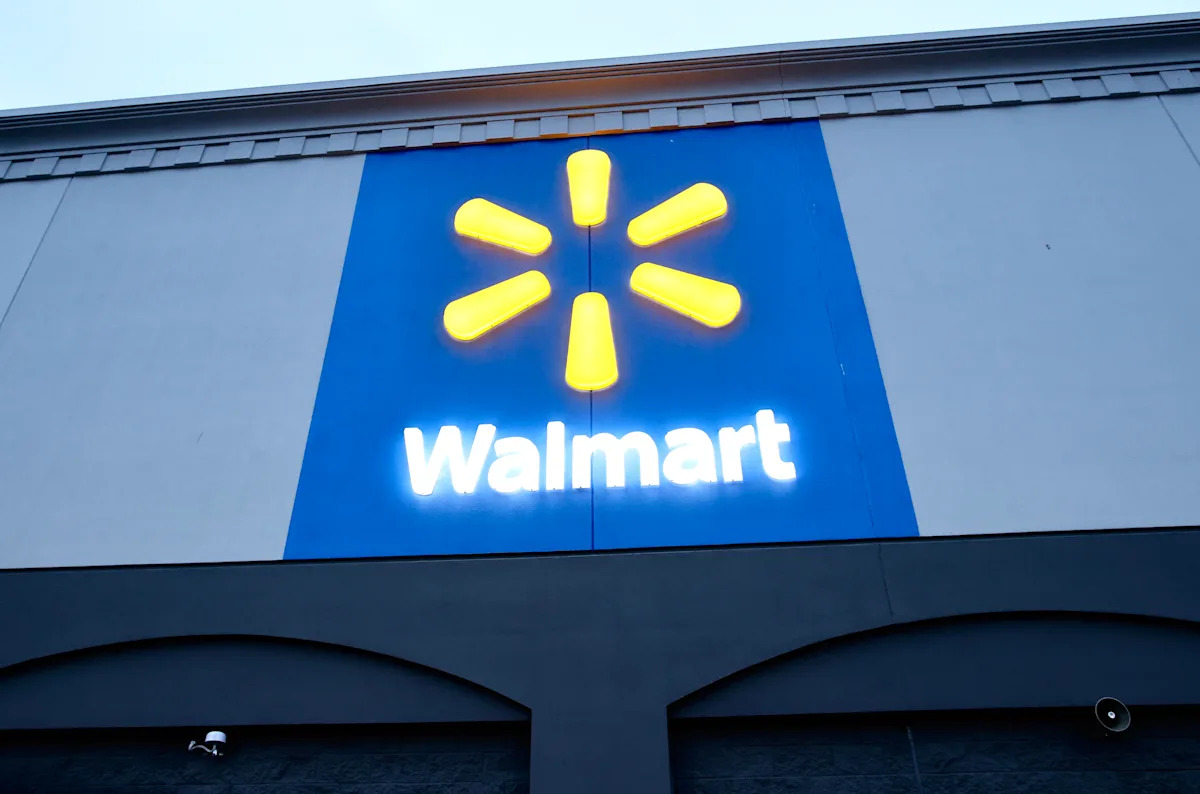Walmart announced a strategic partnership with OpenAI on October 15, 2025 that sent shares to a record high. The deal centers on conversational shopping, AI powered personalization, simplified checkout, and large scale employee upskilling, signaling mainstream generative AI adoption in retail.

On October 15, 2025 Walmart announced a strategic partnership with OpenAI that pushed its shares to a record high as investors reacted to the promise of AI powered growth. The collaboration targets conversational shopping, AI powered personalization, simplified checkout flows, and an employee upskilling and certification program. This deal is a clear example of generative AI in retail 2025 moving from pilots into strategic deployment.
Retailers face constant pressure to make online shopping faster, more relevant, and less friction filled. Shoppers expect quick answers, hyper personalized product suggestions, and checkout that finishes without friction. Generative AI can create natural language responses, tailored recommendations, and product content at scale, helping large retailers convert small percentage improvements into meaningful revenue and efficiency gains.
Shares rose to record levels on the announcement day, reflecting investor confidence that AI partnerships in retail can improve customer experience and operational efficiency. For retailers this is not just a technology play. It is a strategic move to own new customer touch points and to embed AI into merchandising, search, and supply chain workflows.
Conversational commerce can shorten discovery time and reduce friction in product selection. Reliable AI shopping assistants can increase conversion rates and average order value by guiding shoppers with quick answers and contextual offers. Optimizing for AI search optimization retail and answer engine optimization AEO matters now because more shoppers use AI to discover products.
Walmarts employee certification initiative recognizes that tools alone are not enough. Retail staff will need training to manage, audit, and augment AI systems. For a workforce of roughly 1.6 million US employees, structured upskilling is both a logistical task and an investment in service quality. Expect roles to change from routine tasks toward oversight, exception handling, and human centered customer care.
Mainstream adoption by a retail giant raises the bar for digital commerce and AI powered personalization. Small business owners will face pressure to modernize or to integrate third party AI tools and APIs to remain competitive. The good news is that many AI capabilities are now available via platforms and partners, so smaller merchants can adopt conversational interfaces and AI product recommendations without building models from scratch.
Using third party generative AI introduces data governance, privacy, and reliability issues. Retailers must ensure customer data is handled securely, that model outputs are accurate and explainable, and that systems surface clear pathways to human review when outcomes matter. Overreliance on automated recommendations can create feedback loops that reduce product exposure, so monitoring and diversity of signals are essential.
As generative AI changes how shoppers find products, content strategies should focus on intent driven topics and conversational queries. Target phrases like "generative AI in retail 2025" "conversational commerce" "AI powered personalization" and "AI upskilling retail employees" in content clusters and FAQs. Answer common shopper questions directly to win visibility in AI powered answer engines and to support AI search optimization retail.
Walmarts partnership with OpenAI signals that generative AI is becoming a mainstream competitive factor in retail. The immediate metrics to watch are rollout timelines for conversational features, measurable changes in conversion and checkout times, and adoption of the employee certification program. Those indicators will show whether investor optimism leads to sustained operational and revenue gains.
For retailers and small business owners the message is to evaluate accessible AI tools now and to plan workforce enablement. Delaying modernization risks widening the competitive gap as generative AI in retail 2025 becomes table stakes for customer experience and commerce.



